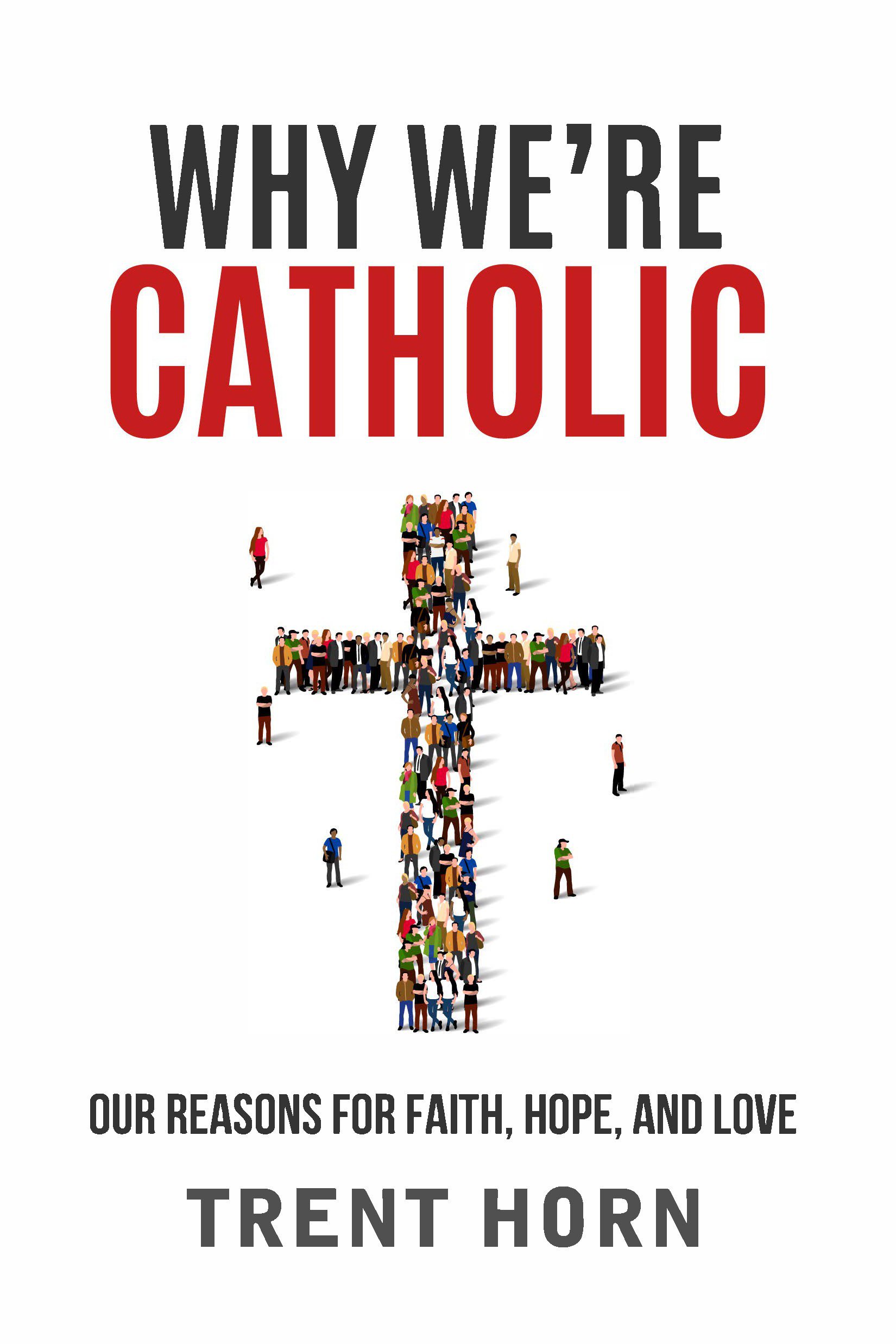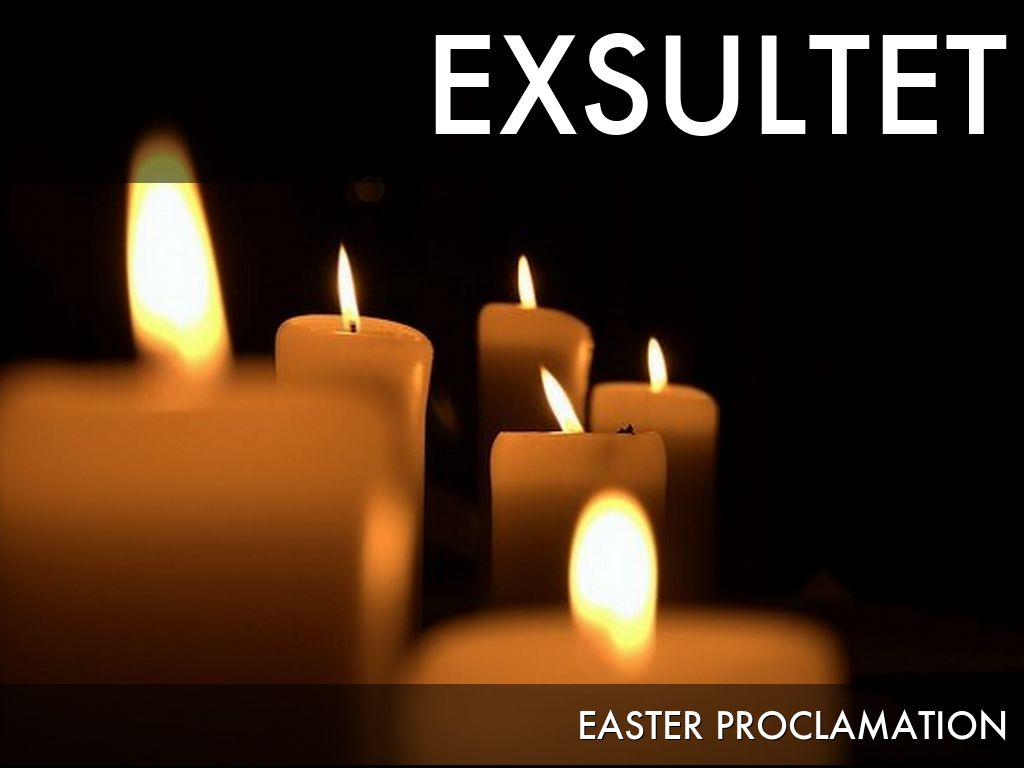
-“St. Bernard Preaching the Second Crusade in Vezelay”, 1840 (oil on canvas), Signol, Emile (1804-1892)
Now is a time for holiness and saints within the Church. Would that we had a Bernard now to preach a Crusade of Holiness. It has often been the case, when the Church has faced its greatest crises, its greatest saints have arisen.
“Rend your heart and not your garments. Return to the LORD your God, for He is gracious and compassionate, slow to anger and abounding in love, and He relents from sending calamity.” -Joel 2:13
-by Hugh O’Reilly
“Born in 1091, died in 1153, made Abbot of Clairvaux in 1115, St. Bernard exercised strong influence on 12th century Europe. When the Crusader State of Edessa fell in 1144, Pope Eugene III, who himself had been a monk in Clairvaux, called on his spiritual father to preach a Second Crusade to bring succor for the distressed condition of the Holy Land.
Abbot Bernard girded on the sword of the Divine Word and inspired many for the overseas Crusade.
This is one of his most famous speeches, preached at Vezelay, a little city of Burgundy, on Palm Sunday, March 31, 1146. The orator of the Crusade preached on a large tribune on the side of a hill outside the gates of the city. With King Louis VII of France in his royal robes present, St. Bernard first read the letters of the Sovereign Pontiff calling for a Crusade, then made this plea to arms to the large crowd that had gathered there to hear his words:
“How can you not know that we live in a period of chastisement and ruin? The enemy of mankind has caused the breath of corruption to fly over all regions; we behold nothing but unpunished wickedness. Neither the laws of men nor the laws of religion have sufficient power to check the depravity of customs and the triumph of the wicked. The demon of heresy has taken possession of the chair of truth, and God has sent forth His malediction upon His sanctuary.
“Oh, ye who listen to me, hasten then to appease the anger of Heaven. But no longer implore His goodness by vain complaints; clothe not yourselves in sackcloth, but cover yourselves with your impenetrable bucklers. The din of arms, the dangers, the labors, the fatigues of war are the penances that God now imposes upon you. Hasten then to expiate your sins by victories over the infidels, and let the deliverance of holy places be the reward of your repentance.
“If it were announced to you that the enemy had invaded your cities, your castles, your lands; had ravished your wives and your daughters and profaned your temples – who among you would not fly to arms? Well, then, all these calamities, and calamities still greater, have fallen upon your brethren, upon the family of Jesus Christ, which is yours. Why do you hesitate to repair so many evils; to revenge so many outrages? Will you allow the infidels to contemplate in peace the ravages they have committed on Christian people?
“Remember that their triumph will be a subject for grief to all ages and an eternal opprobrium upon the generation that has endured it. Yes, the living God has charged me to announce to you that He will punish them who shall not have defended Him against His enemies.
“Fly then to arms! Let a holy ire animate you in the fight, and let the Christian world resound with these words of the prophet, ‘Cursed be he who does not stain his sword with blood!’ “If the Lord calls you to the defense of His heritage think not that His hand has lost its power. Could He not send twelve Legions of Angels or breathe one word and all His enemies would crumble away into dust? But God has considered the sons of men, to open for them the road to His mercy. His goodness has caused to dawn for you a day of safety by calling on you to avenge His glory and His name.
“Christian warriors, He Who gave His life for you, today demands yours in return. These are combats worthy of you, combats in which it is glorious to conquer and advantageous to die. Illustrious knights, generous defenders of the Cross, remember the example of your fathers, who conquered Jerusalem, and whose names are inscribed in Heaven. Abandon then the things that perish, to gather unfading palms and conquer a Kingdom that has no end.”
All the barons and knights applauded the eloquence of St. Bernard and were persuaded that he uttered the will of God. Louis VII, deeply moved by the words he had heard, cast himself at the feet of St. Bernard and demanded the Cross. Then, clothed with this sign, he exhorted all those present to follow his example.
The hill upon which this vast multitude was assembled resounded for a long period of time with the cries of Deus vult! Deus vult! (God wills it). Then, many counts and a crowd of barons and knights followed the example of the King. Several Bishops threw themselves at the feet of St. Bernard, taking the oath to fight against the infidels.
The crosses that the Abbot of Clairvaux had brought were not sufficient for the great number who asked for them. He tore his vestments to make more.
To preserve the memory of this day, Pons, abbot of Vèzelay, founded upon the hill where the knights and barons had assembled a Church that he dedicated to the Holy Cross. The tribune upon which St. Bernard had preached the Crusade remained there a long time, the object of the veneration of the faithful.”
Today, a cross marks the spot on the hill in Vèzelay where Bernard preached.
“O praise the Lord, all ye nations: praise Him, all ye people.
For His merciful kindness is great toward us: and the truth of the Lord endureth for ever. Praise ye the Lord.” -Psalm 117
Love,
Matthew









